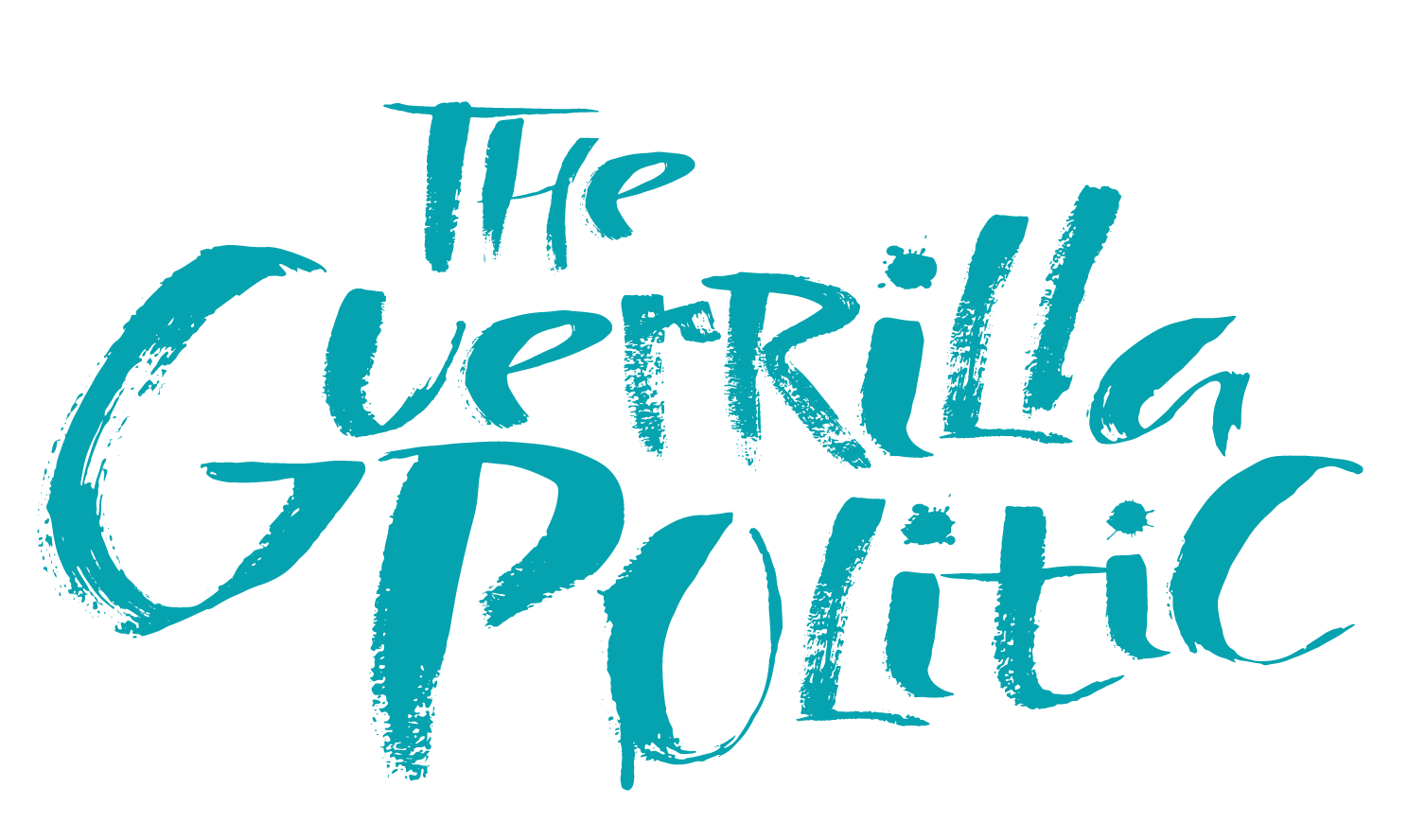By D’Anne Witkowski, TGP Senior Copywriter
It’s Black History Month and right now, there are students in Texas learning that African “workers” came to the United States to help farm cotton. And it must be true, it’s in their textbook.
In 2015 a social post went viral when a woman’s son texted her a photo of a page of his textbook that contained the caption, “The Atlantic slave trade between the 1500s and the 1800s brought millions of workers from Africa to the southern United States to work on agricultural plantations.” She was outraged.
McGraw-Hill Education, the book’s publisher, apologized and immediately fixed the caption in the online version of the book. The thousands of print versions of the books, however, would not be changed until the next printing, which could be between 5 and 10 years later. Keep in mind, schools often use their textbooks for many years before ordering new ones. Which means there are schools still using it.
Surely this book was seen and approved by multiple people working for McGraw Hill. The Texas Board of Education also said that the book was reviewed before being adopted. But no one caught the word “workers,” which revises the past, smoothing the rough and painful edges of U.S. history. The word “workers” implies that slaves were wage earners.
I can’t help but wonder how many BIPOC voices were included in the research and writing of the book, in discussions at the publisher, and among the school board review committee. I’m going to guess that the answer is “not enough.”
I don’t know what the makeup of the School Board was then, but I do know that in 2022 Republicans widened their majority and more than one Republican won by running on banning critical race theory. So things don’t look great for a Texas School Board on, say, diversity, equity, and inclusion.
One word in one caption in one edition of a textbook may seem like a small thing. But it’s a symbol of a very big problem. Too often when decisions are being made, big and small, BIPOC voices are missing, even with BIPOC lives are affected directly by those decisions: where to build an incinerator, how many voting drop boxes a city should have, whether a locality has a heavy police presence, whether an oil pipeline is built through sacred tribal lands, whether schools have adequate ESL (English as a Second Language) teachers and classes. The list goes on and on.
My point is that representation matters. BIPOC people need to be at the table when decisions are being made. For far too long they were openly excluded. Now the exclusion is less open but no less damaging. BIPOC political power has been undermined by the systemic racism a predominately white power structure benefits from and is incentivized to maintain.
We need more progressive BIPOC candidates running, and winning, at every level of government. Yes, there are people in positions of great power who consistently choose to side with the oppressor (looking at you, Supreme Court Justice Clarence Thomas), but there are so many inspiring BIPOC candidates and elected leaders who are making history in real-time.
The Guerrilla Politic has been fortunate to work with BIPOC candidates who are breaking ground and gaining seats at the decision-making table:
Dr. Theresa Brooks is the first Black woman to serve on the Troy City Council. She ran for office because she didn’t see her local government looking out for local interests. Her platform included protecting green spaces, supporting seniors, making sure kids have the resources they need to grow and develop, and getting the city government back to the basics of helping residents.
Jalen Jennings is the youngest person ever to be elected to the Lathrup Village City Council.
He describes himself as having “a servant's heart” and ran because he wanted to give back to the city where he grew up and continues to live. He ran on strengthening the local economy, improving the city’s downtown, encouraging sustainable energy, and improving communication between the council and city residents.
Maurice Turner ran for Highland Park Mayor in 2022. In 2019, Turner and his then-boyfriend, now husband, bought a historic Craftsman-style home in Highland Park. Their journey rehabbing the home was documented on the HGTV show Rehab Addict Rescue. The experience led him to begin the non-profit organization Rehab Highland Park to help clean, improve, and maintain the city.
Stephanie Terry is currently running to be Mayor of Evansville, Indiana. If elected she would be the city’s first Black mayor and first woman mayor. She has years of experience in local government having served as the first African American woman on the Vanderburgh County Council where she gained a reputation for being a consensus builder. She’s also a successful nonprofit leader. Terry has been heavily involved in her local community for years and will be an excellent mayor for Evansville.
Black History Month serves as an important reminder to people who might not otherwise know or seek to learn about the contributions and achievements of BIPOC people. But we know that Black History is history, not a footnote. And history is made every day, in real-time, shaping the future for the generations who come after us.
Thank you to all of our candidates for letting The Guerrilla Politic be part of your journey.
